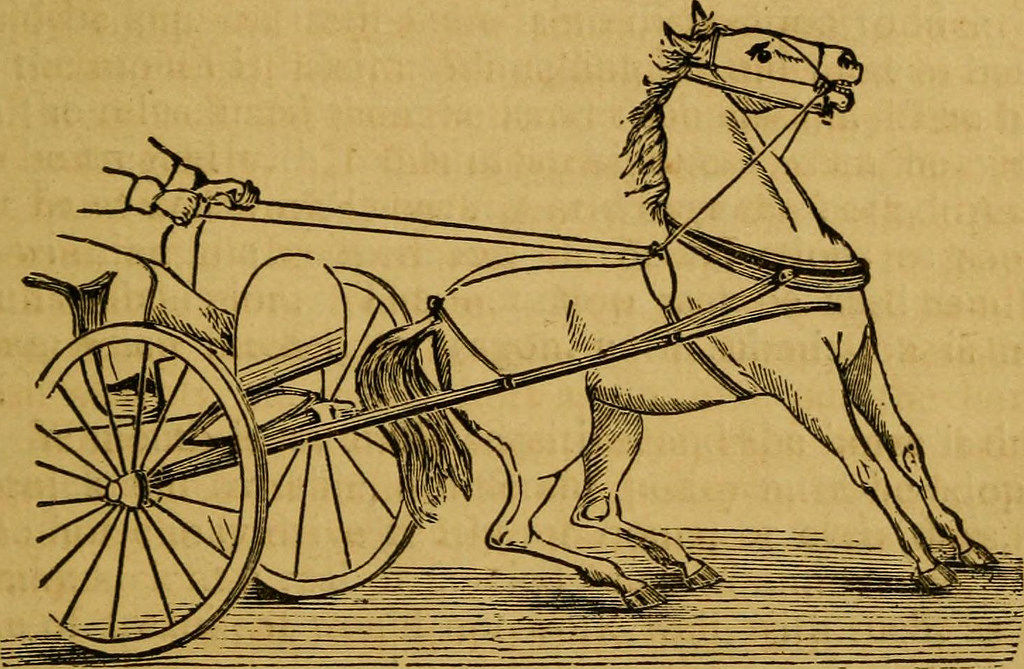
Ritual de lo Habitual. The usual ritual.
Routine, regime, habituation. We progress quickly and/or stoically toward patterns of behaviour that assist and undermine.
Stop and think. You’ll realise that habits form part of our everyday existence in surprising and confronting ways.
The time you wake, the breakfast you eat, the friends you choose, the little mistakes you make (over and over again), the things you justify to avoid, the bottle of wine on a Friday (you deserve it). Clothes. Dance moves. Phrases.
Routine, regime, repetition.
In the June edition of the Scientific American, Ann Graybiel and Kyle Smith consider Good Habits, Bad Habits – How the Brain Makes and Breaks Habits.
“As we repeat behaviour, it becomes laid down in special habit circuits involving the brain’s striatum. The circuits treat the habit as a single ‘chunk’, or unit, of automatic activity. Another brain region, the neurocortex, monitors the habit, however. Tweaking the neocortex in laboratory rats with light signals can interrupt a habit and even prevent one from forming. By learning more about how these brain structures operate, researchers could find drugs, behavioural therapies and simple tricks to help us control habits, good and bad.”
Strangely enough, Keith Ferrazzi in the July edition of the Harvard Business Review also focuses on habits, particularly why they are important within an organisational context Managing Change, One Day at a Time. Drawing an unlikely parallel, the article looks at how change management and the 12-step program used to treat addictions can work together to leverage human nature to modify behaviour.
“At the simplest level, the comparison is this: organisations can’t change their culture unless individual employees change their behaviour—and changing behaviour is hard. Many change programs focus on providing strategies, technologies, and training. But often it’s not enough. When it comes to modifying deeply ingrained behaviour, 12-step programs have a superior record. They use incentives, celebration, peer pressure, coaching to adopt new habits, negative reinforcement, and role models—things organisations can draw on.”
Understanding habits, what initiates, perpetuates and ends them is central to effective change management, health promotion, sustainability communications – in fact almost all marketing exercises. Communication to make and break habits. It is a need of every business, government and not-for-profit organisation.
Most advertisers focus on creating habits. At the agency, we spend as much time developing strategies, tactics and creative campaigns to create habits as we do to break them. For example:
- Challenging stereotypes such as ‘older people are less effective’, ‘the dream of home ownership is over’ or ‘only greenies go solar’.
- Assisting Probiotec and CSIRO to demonstrate that ending obesity is as much about rethinking routine as it is about what you eat.
- Helping aged carers to see opportunities to improve client wellbeing beyond their routine.
Habits are personal but can also be cultural – a pattern of ingrained, subconscious behaviour – like saying something is ‘gay’ if it is weak or uncool, therefore constantly reinforcing negativity and discrimination.
To learn about habits, start with yourself. Look at your daily routine, focus on your language and reactions.
I hate many of the habits I now realise I have! Breaking bad habits has become a new obsession, challenging me to become more methodical as well as intuitive.
This week I got off Facebook.
Not because it is evil or the because of the useless swill of content I was absorbing like a lab rat, unblinking, stoned. I got off Facebook because I bothered to consider what it was offering me versus what I was giving it, and I came second.
I got…
- Advertising that almost never presented anything I needed but had begun to make me think muscle building powders were genuinely good.
- Daily education on my friend’s tastes, carefully curated, but not my own.
- Very little information on how my friends are going, what they are feeling, who they are and I was not bothering to call, imbued with a false sense of confidence that I was having a relationship with them.
- Completely habitual: I grabbed the phone first thing in the morning, as soon as I got home and as soon as the kids were in bed, finishing with the last thing I did before going to sleep. At least a total of two hours I could be playing guitar, reading a book, watching a film, or sitting cross legged on the floor gathering my thoughts (recovering from a hard day’s work).
Facebook got:
- A statistic with which to attract advertisers, making more money
- Data with which to keep finessing technology to lock in the habits.
Facebook use is habitual. For people engaged on Facebook this is likely a productive, rewarding habit. For me, it was counterproductive. I was a voyeur not a curator or contributor. And standing on the sidelines, peering in, it started to feel unethical.
Don’t get me wrong, I’ll check in. It’s an important platform. But the apps are gone from my iPhone and iPad. A structural break that is making it easier to confront that desire I have every night before bed. Like a smoker contemplating his last cigarette.

